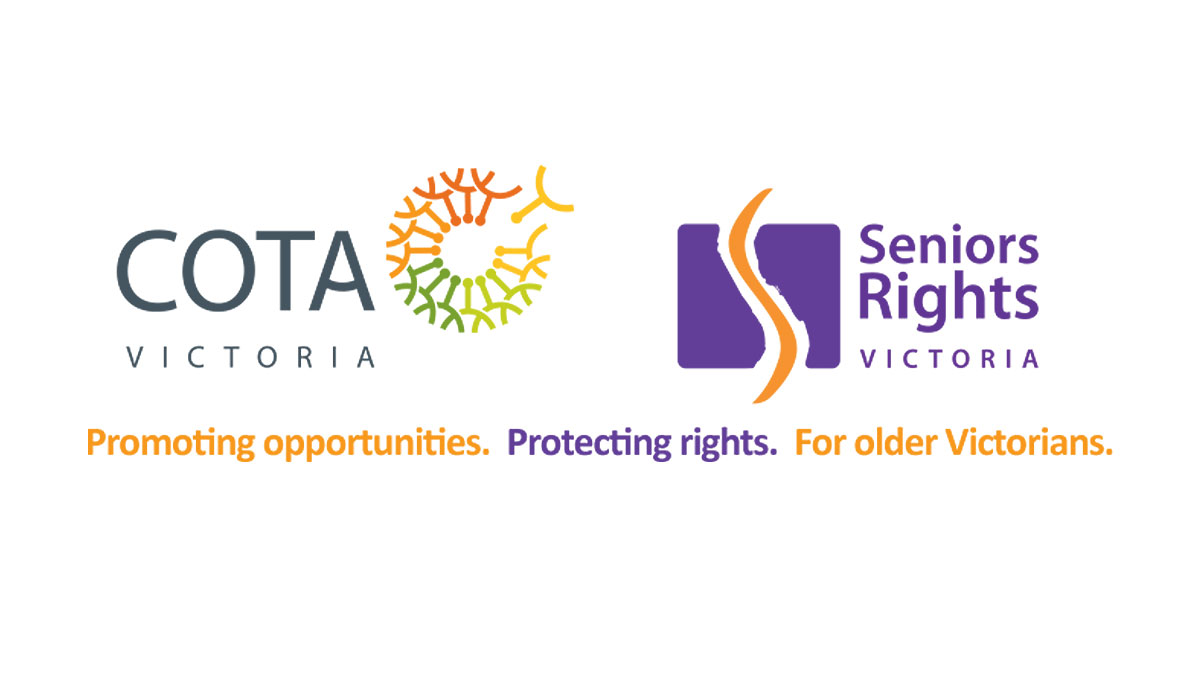The reform of Victoria’s mental health system is underway. Driving the reforms are the 65 recommendations made by the Royal Commission into Victoria’s mental health system.
Twelve months in and much has been achieved already, including:
- Releasing the Mental health and wellbeing workforce strategy, which sets out the steps needed for recruiting, upskilling and retaining vital mental health and alcohol and other drug workforces. This includes more than 1000 new positions across the sector.
- Determining the first 27 of 60 locations for the new Local Adult and Older Adult Mental Health and Wellbeing Services. These community-based services will be a ‘front door’ to the mental health and wellbeing system, providing early intervention supports for adults and older adults who are experiencing mental illness or psychological distress.
- Hundreds of Victorians provided feedback on draft policy proposals to inform the new Mental Health and Wellbeing Act. This will establish the legal framework for a redesigned mental health and wellbeing system.
- Providing the largest ever investment in the lived experience workforce, and appointing Victoria’s first Executive Director of Lived Experience, Mary O’Hagan.
- Completing the statewide expansion of the Hospital Outreach Post-suicidal Engagement (HOPE) service from 12 to 21 Victorian locations, providing vital follow-up and aftercare support to people after a suicide attempt.
- Progressing work to deliver 144 new acute public mental health beds across the state, as well as 82 new forensic mental health beds at Thomas Embling Hospital.
COTA Victoria recently hosted forums in Morwell and Bendigo to focus on the impact of the mental health reforms for older Victorians. Footage from the Bendigo event will be available on our website in July.
The Victorian Government will continue engaging with the community and key stakeholders on the significant reform journey ahead. This includes people with lived experience of mental illness or psychological distress, and their families, carers and supporters.
For more information about opportunities to contribute to the reform work please contact mentalhealth@health.vic.gov.au.
